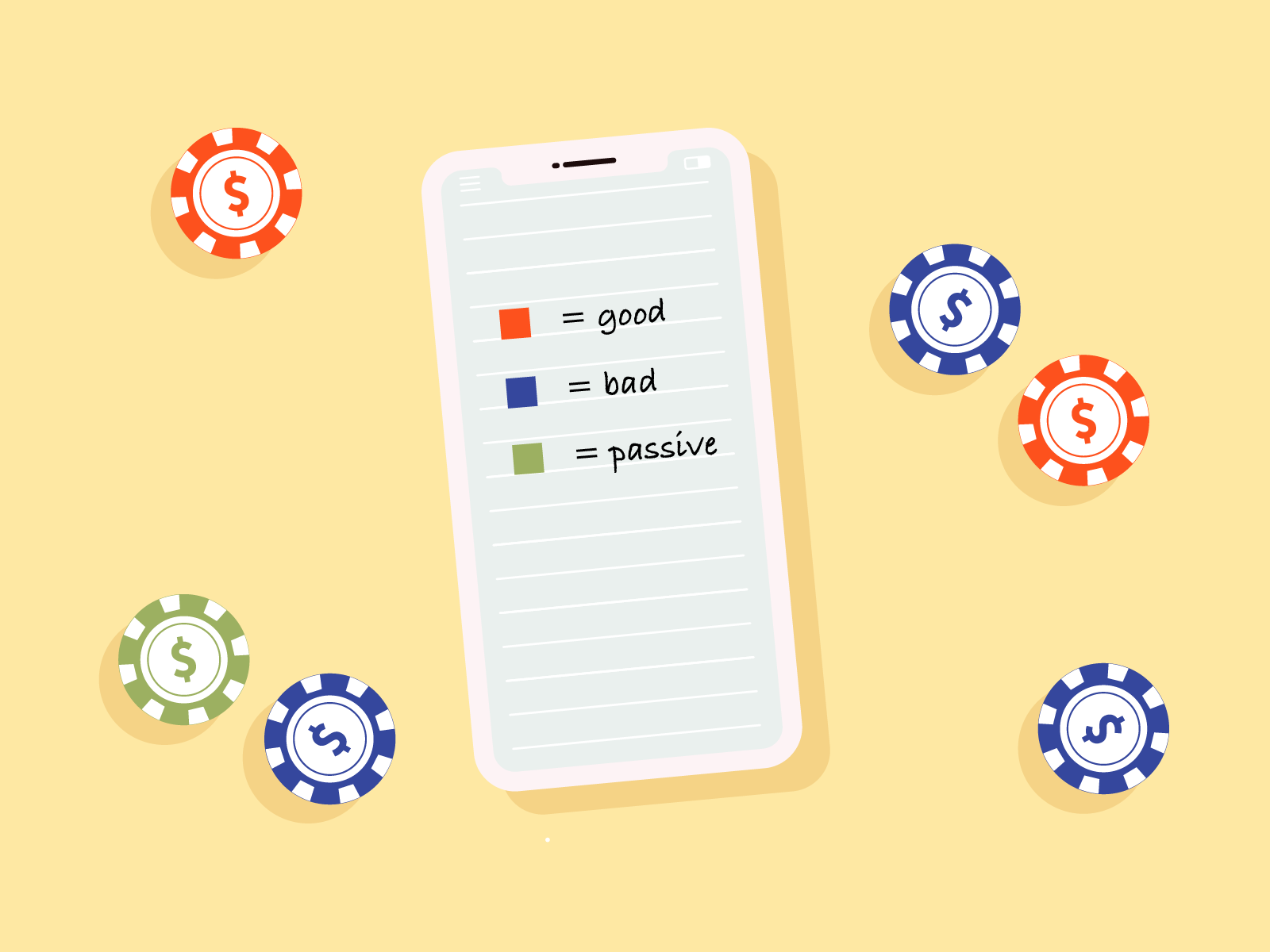How to Take Effective Poker Notes for Real Results

The Value of Strong Note-Taking in Poker
Success at the poker table is heavily influenced by your ability to interpret your opponents’ actions and tendencies. While software and tracking tools can help online, there are many situations-especially in live games or on sites that restrict tracking software-where your own note-taking is the key to gathering and exploiting valuable information.
Manual note-taking not only helps you keep track of critical player tendencies, but it also gives you a distinct edge since most players don’t bother with this extra step. With practical strategies, you can streamline your process so taking notes becomes a powerful asset rather than a distraction.
Key Principles: What Information Should You Note?
Poker games often move quickly, and multi-tabling online reduces your free time to jot down every small play. Instead of recording every action, prioritize noting remarkable, non-standard behaviors that give unique insight into how a player thinks or acts in specific spots.
Examples of valuable incidents to note:
- Players who repeatedly call all the way to the river with weak hands
- Calling big 3-bets or all-ins with subpar holdings
- Making large river overbets and showing bluffs
Details that are too generic or too frequent, like defending big blinds with dubious hands in standard situations, won’t offer you much strategic value and can clutter your notes. Focus your attention on plays that defy normal ranges or betting patterns.
Gradually, through repeated hands, you’ll recognize reliable patterns that are worth recording for future reference. Your notes should always serve as quick reminders that instantly inform your decisions-not long, unwieldy transcripts.
Emotional Control: Taking Notes When Tilted

Experiencing a bad beat or clashing with an unpredictable player can stir frustration or tilt. In these moments, avoid making emotional notes such as labeling an opponent a "fish" or "donkey." These terms lack context and may mislead your future decisions. Instead, wait until you’ve cooled off to write objective, factual notes about the hand itself. Keeping emotional bias out of your notes ensures they remain helpful and accurate over the long run.
Optimizing Your Note-Taking Process Online
Online poker platforms typically make it simple to leave notes and tags on other players. By clicking on a player’s avatar or name, you can bring up note fields or assign color tags to quickly identify player types.
To maximize this function:
- Develop a systematic way to categorize players (ex: regulars, strong regulars, weak regulars, calling stations, aggressive players).
- Use color-coding or symbols consistently to highlight these categories.
- Update categories as players reveal more about their games through repeated action. Initial impressions based on one hand are rarely accurate, so be willing to re-categorize as necessary.
These visual cues can also help when selecting tables, guiding you toward more profitable games and away from tougher competition.

Keeping Notes Concise and Actionable
Relevant poker notes should be brief and clear-aim for efficiency and instant comprehension. Avoid unnecessary narrative. For example, instead of writing out the full sequence, a note like:
"MP 3-bet 45s vs UTG, cbet 9-high flop"
is sufficient to remind you of an unusual play. For complex behaviors, summarize tendencies with supporting examples where possible:
"Frequent bluffer: triple-barrel bluffed river x2 with missed draws"
Segment your notes by street or tendency type. Some players use structured sections:
- Preflop tendencies
- Flop decisions
- Turn aggression
- River bluffs
- General patterns
Organizing your notes in this manner allows for quick access during hands. Break up text into lines or bulleted lists to make your notes scannable under time pressure.
Crafting Notes for Live Poker Play
Traditionally, live poker notes involved scribbling in a notebook-something that could draw unwanted attention. With today’s smartphones, discreetly jotting notes during or between hands is effortless, as many players use their phones at the table for various reasons.
Live poker generally progresses at a slower pace than online, giving you more time to record detailed observations. Use your phone’s built-in notes app or a poker-specific app to store and categorize player information.
Tips for effective live note-taking:
- Sort notes under player names or assign nicknames for frequent opponents.
- Avoid pulling out your notes in the middle of a hand; instead, review notes in between hands or before a session begins.
- Record the full context of notable hands, then update player profiles after your session for more detailed recall.
What to Record at the Live Table
Live games offer richer opportunities for observation beyond hand actions:
- Carefully document distinctive hands-save action sequences, bet sizes, and player reactions.
- Note behavioral tells: speech patterns before a big bluff, nervous habits, or unique chip movements.
- Over time, these physical and betting cues may reveal consistent tendencies, allowing you to refine your reads more accurately than most opponents.
Not only does this enhance your decision-making, but it also keeps you mentally engaged, especially during downtime between hands.
Building the Note-Taking Habit
Whether you play online or in person, regular note-taking builds a powerful library of actionable insights and puts you ahead of most players who rely on memory. Even players who use tracking software benefit from personal notes, especially in atypical or exploitative situations.
Key best practices:
- Don’t trust your memory alone-your notes should be your go-to resource.
- Keep information orderly and up to date, purging outdated or irrelevant notes.
- Commit to reviewing and updating notes routinely, especially after sessions with recurring opponents.
With deliberate practice, note-taking will feel less like a chore and more like your secret weapon at the tables. Over time, these habits will translate directly into higher win rates and more consistent results.













